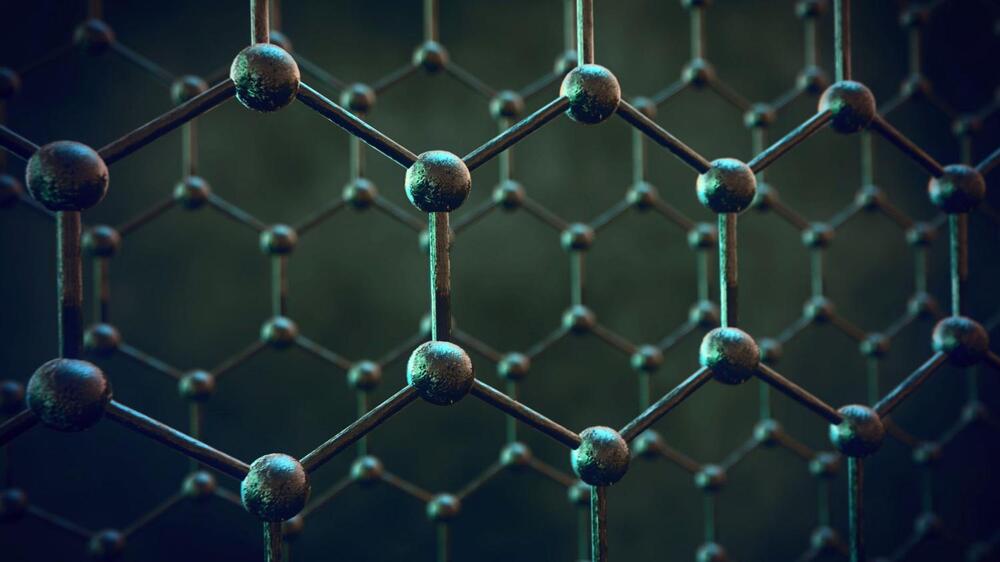Two teams of researchers have independently found that there exists a certain type of graphene system where electrons freeze as the temperature rises. The first team, with members from Israel, the U.S. and Japan, found that placing one layer of graphene atop another and then twisting the one on top resulted in a graphene state in which the electrons would freeze as temperatures rose. And in attempting to explain what they observed, they discovered that the entropy of the near-insulating phase was approximately half of what would be expected from free-electron spins. The second team, with members from the U.S., Japan and Israel, found the same graphene system and in their investigation to understand their observations, they noted that a large magnetic moment arose in the insulator. Both teams have published their results in the journal Nature. Biao Lian with Princeton University has published a News and Views piece outlining the work by both teams in the same journal issue.
As temperatures around most substances rise, the particles they are made of are excited. This results in solids melting to liquids and liquids turning to a gas. This is explained by thermodynamics—higher temperatures lead to more entropy, which is a description of disorder. In this new effort, both teams found an exception to this rule—a graphene system in which electrons freeze as the temperature rises.
The graphene system was very simple. Both teams simply laid one sheet of graphene on top of another and then twisted the top sheet very slightly. But it had to be twisted at what they describe as the “magic angle,” describing a twist of just 1 degree. The moiré pattern that resulted led to lower velocity of the electrons in the system, which in turn led to more resistance, bringing the system close to being an insulator.










Comments are closed.